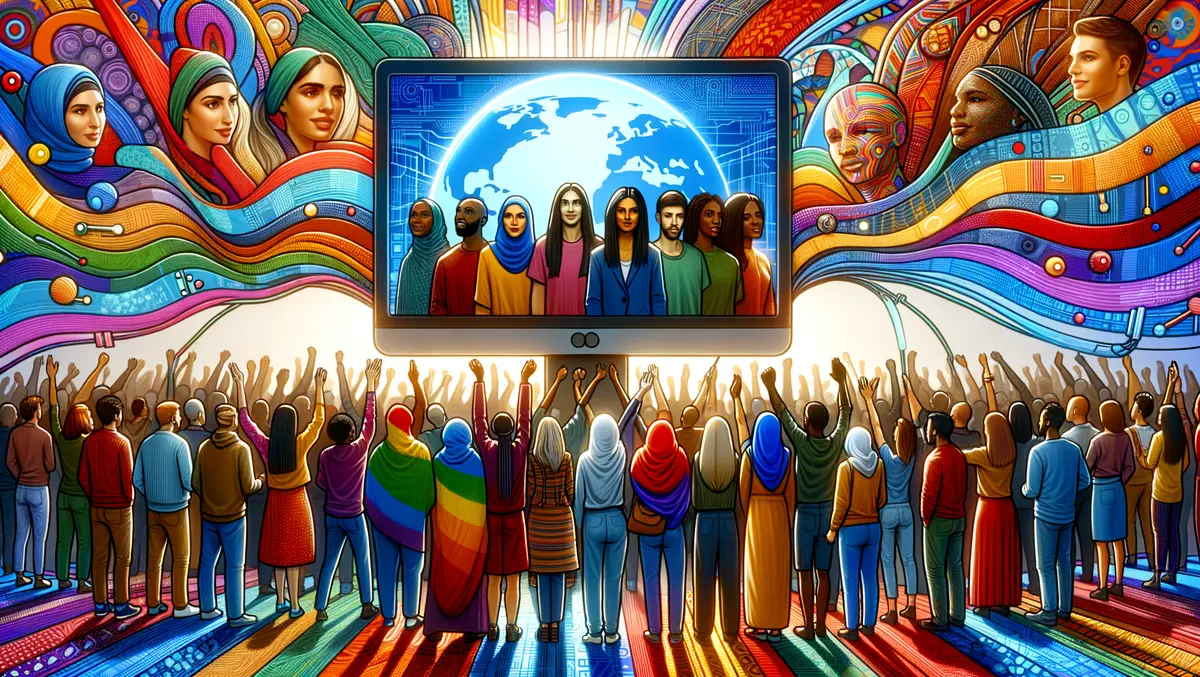
'Accessing Connection' report sheds light on LGBTI digital divide
Accessing Connection, a groundbreaking research report was launched today by ILGA World. This report explores the intricate relationship between disparities in digital access and the unique experiences of lesbian, gay, bisexual, trans, and intersex (LGBTI) people around the globe. It aims to throw light on the importance of meaningful digital inclusion for all.
Until now, there was a significant lack of global research examining the challenges that the digital divide poses specifically to LGBTI individuals. Accessing Connection, authored for ILGA World by The Engine Room, meets this need by focusing on data and first-person accounts from human rights defenders worldwide.
As Daniele Paletta, Communications Manager at ILGA World and editor of this report, stated, "LGBTI people have found the online space to be revolutionary. It has helped create community, spearhead movements, and provide tools to be heard, including in very hostile environments." However, Paletta highlighted that these online opportunities are not equally available to everyone, especially considering that 2.6 billion people worldwide remain offline, and many others face additional barriers due to intersectionality.
The struggles of digital access vary greatly for LGBTI people across different regions. Factors such as the cost of data, location, and availability of suitable devices and infrastructures play critical roles in someone's ability to go online. However, significant barriers such as unemployment, harassment, societal stigma, and hostile legislation often deepen the burden for many LGBTI people by affecting their ability to afford internet coverage and suitable devices.
Even when being able to go online, LGBTI individuals face hurdles using online platforms not designed inclusively. Issues such as the prevalence of certain languages over others and the active content filtering of LGBTI content limit the full use of sites and access to information. Additionally, achieving a balance between online anonymity and visibility is a constant struggle for LGBTI people who fear for their safety.
The digital revolution has transformed LGBTI organisations and individuals, yet it brings a cycle of problems. Those most vulnerable and economically deprived are often the hardest to support. ILGA World's Executive Director Julia Ehrt emphasised, "They are at the same time most affected by the harms of online censorship, blocking, and harassment, and this deprives them of critical opportunities for advocating their rights and building community."
Despite these challenges, grassroots LGBTI organisations have been proactive in finding ways to serve their communities, including the least digitally connected among them. ILGA World Co-Secretaries General Luz Elena Aranda and Tuisina Ymania Brown shared, "The stories we collected in this report show our incredible resilience. We are at the forefront of advancing digital inclusion for all."
They concluded, "Ensuring meaningful and safe connectivity could open up a whole new avenue of opportunities, especially for those whose voices the digital divide contributes to keeping unheard. Reaching out to those systemically marginalised, by the digital divide or otherwise, remains at the core of our mission."


